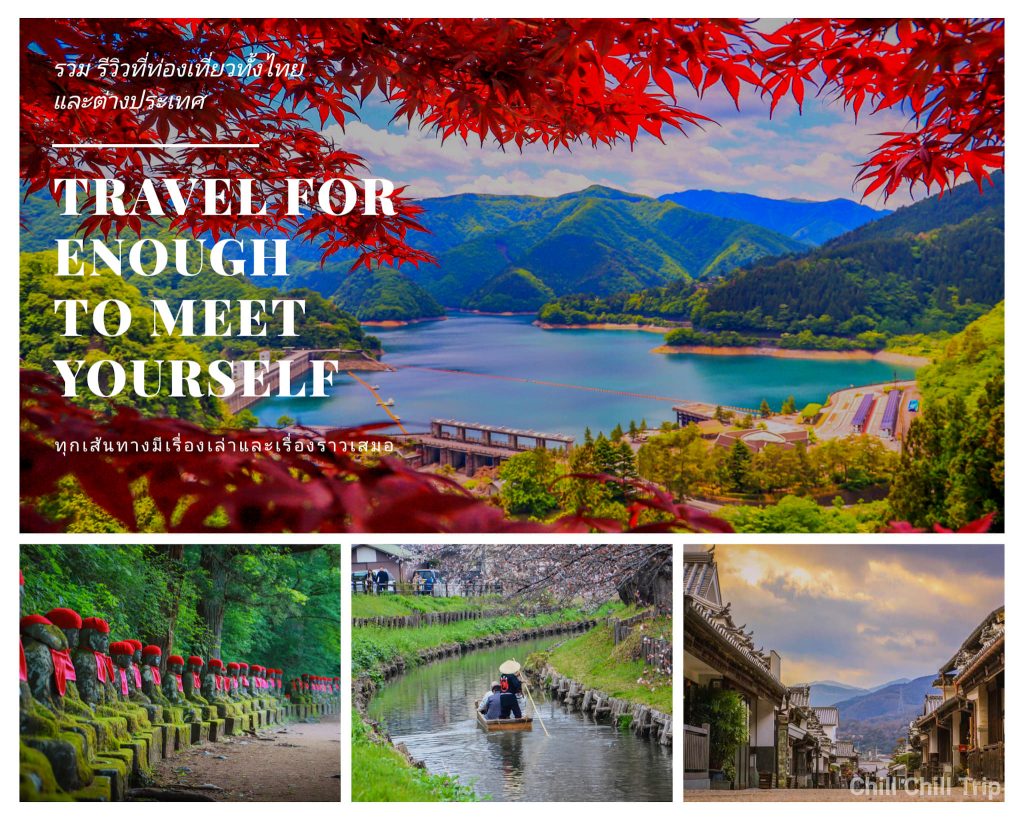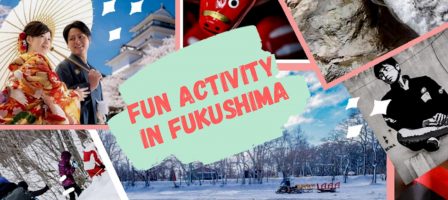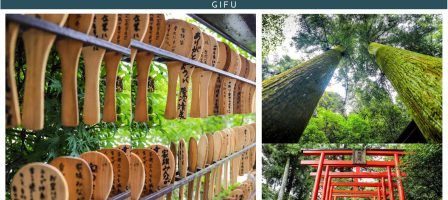
Shoboji Temple Gifu Daibutsu one of the three great Buddhas in Japan.
Shoboji Temple was first established in 1683 but did not join the Obaku school until 1692. In 1832, Ichu, the 11th head priest, began planning the construction of the Gifu Great Buddha in Nara and Kamakura.
Shoboji temple
The buildings and sacraments are influenced from Chinese style.
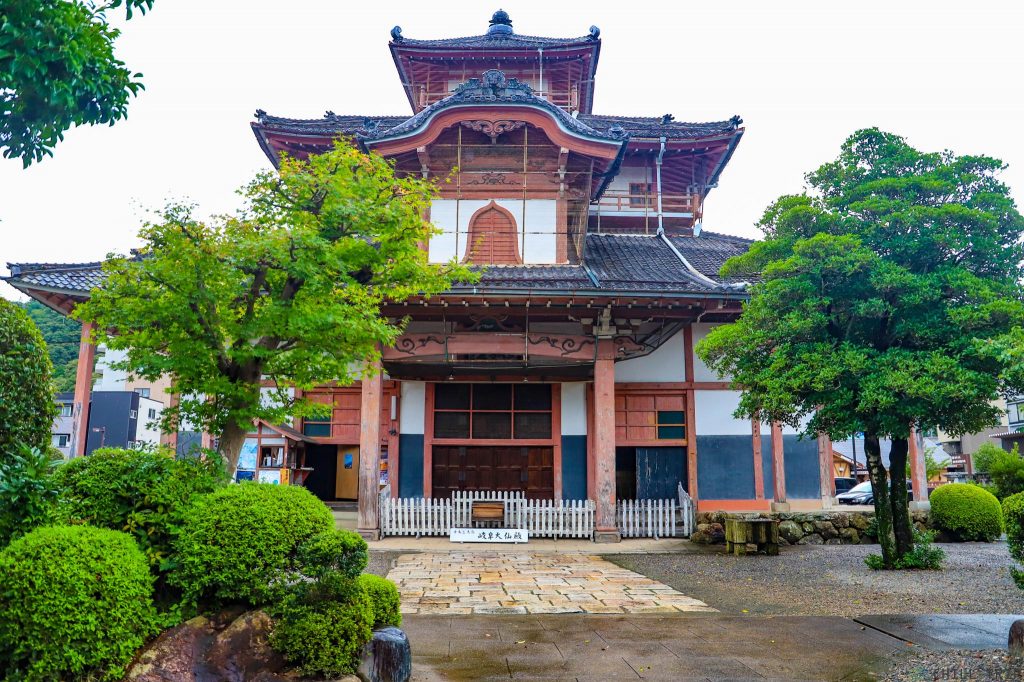
Credit:Chill Chill Trip
The big buddha image was built in 19th century in memorial of the death from eartquake and pandamic.
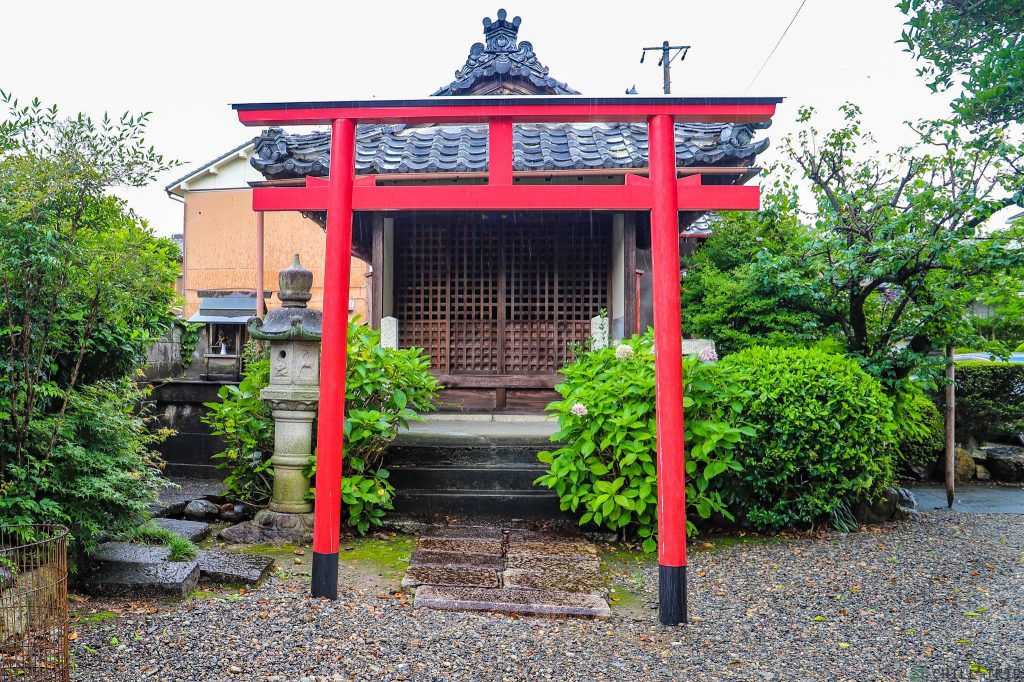
Credit:Chill Chill Trip
One of the Owari family members from Nagoya donated to build the buddha image.
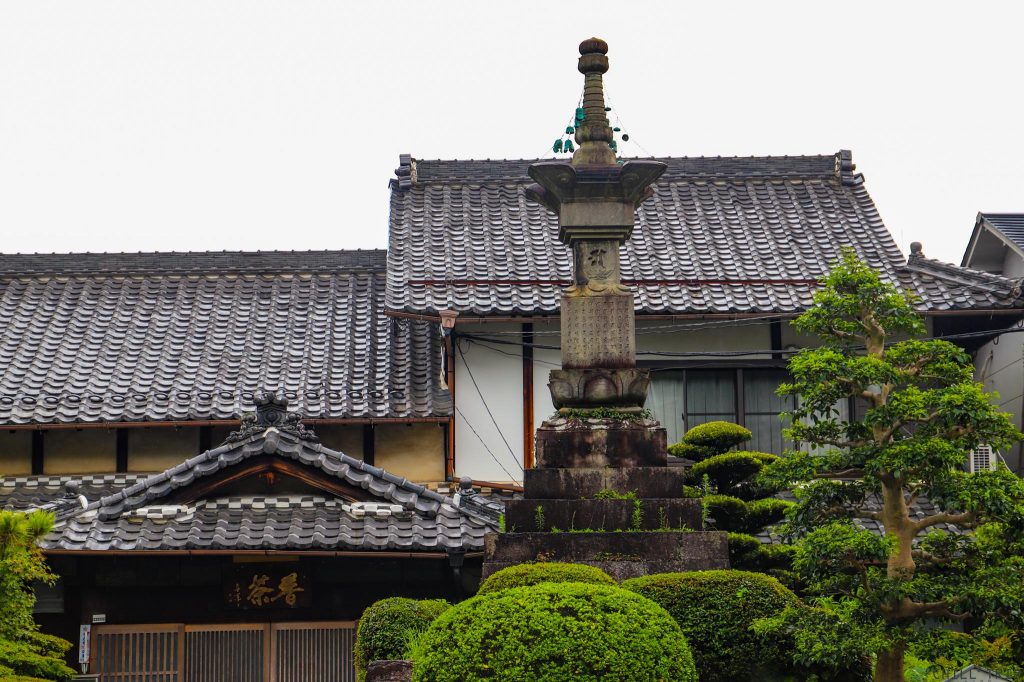
Credit:Chill Chill Trip
You can observe the Chinese design influence in its architecture and ornamentation from the garden’s layout which is different from the Japanese style that there will be a small pond in the garden.
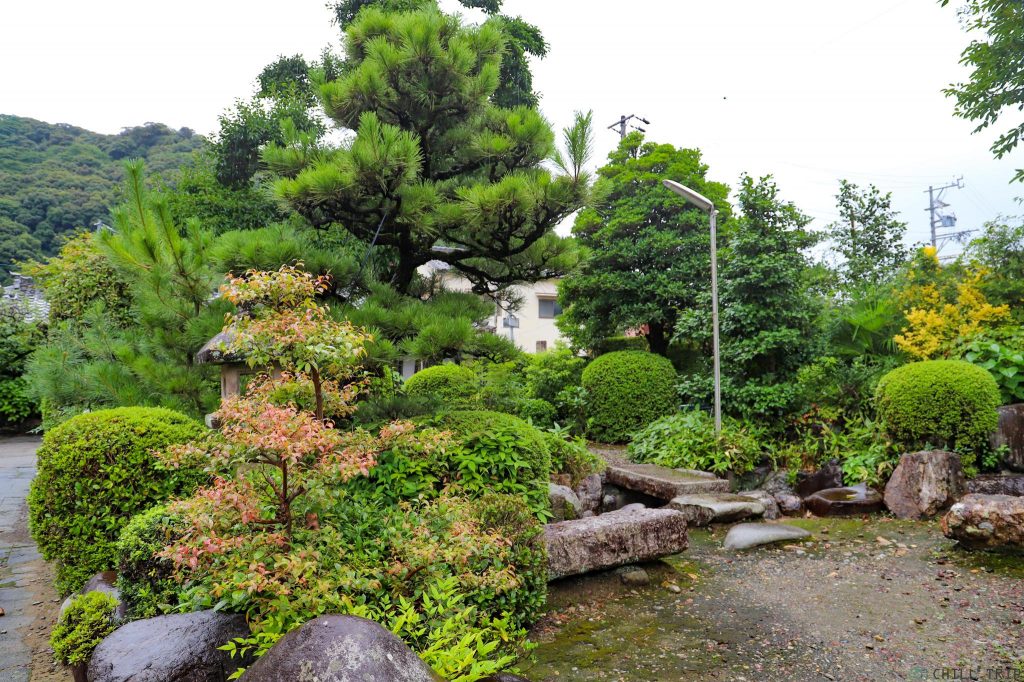
Credit:Chill Chill Trip
Obviously, the gutter is shorter than the other Japanese temple. I am not so sure whether it is the design in that period, or it was destroyed by the time.

Credit:Chill Chill Trip
The ticket must be presented prior to entry. Ticket price is the same for both local and foreigner: Adult 200 Yen, Children 100 Yen.
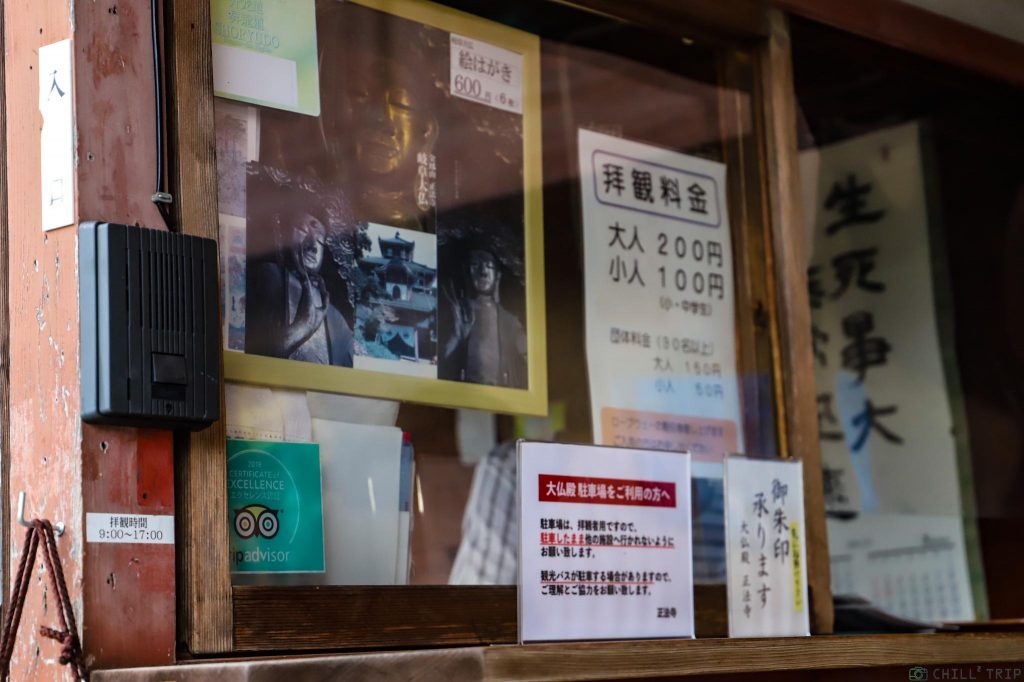
Credit:Chill Chill Trip
You will see a wooden handicraft statue of Binsuruson, one of the Lord Buddha’s Arhats at the hallway. Japanese believed that he is a god of medicine.
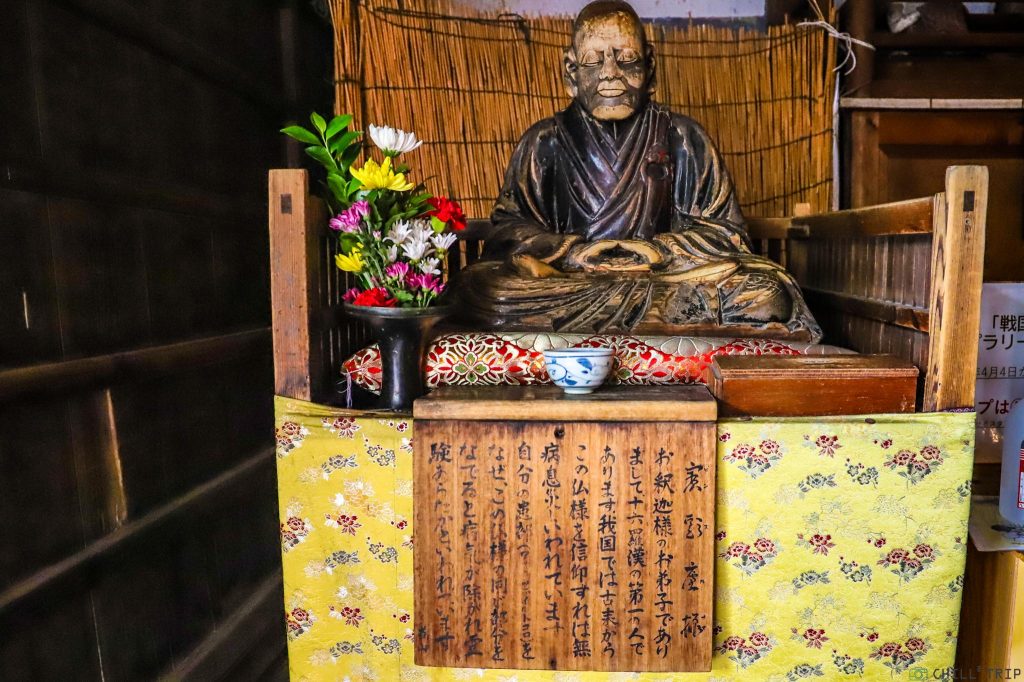
Credit:Chill Chill Trip
The north and south walls of the hall are lined with 500 statues of Buddha’s disciples.

Credit:Chill Chill Trip
It is beleived that our face will be similar to one of the 500 Arhats after we had died.
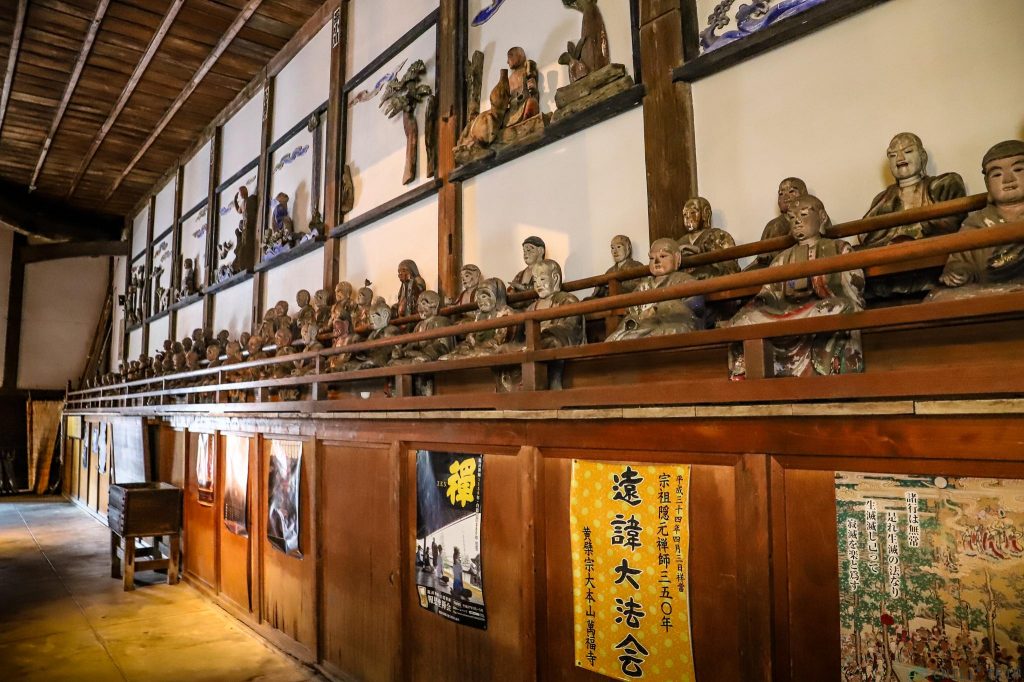
Credit:Chill Chill Trip
Each one is distictively unique and has a different expression, clothing, and pose.

Credit:Chill Chill Trip
The legend has it that Ichu travelled on foot to Nagano and Niigata to collect the scripture.

Credit:Chill Chill Trip
Amida Nyorai scrupture, the buddha of limitless light, sits in front of Daibutsu.
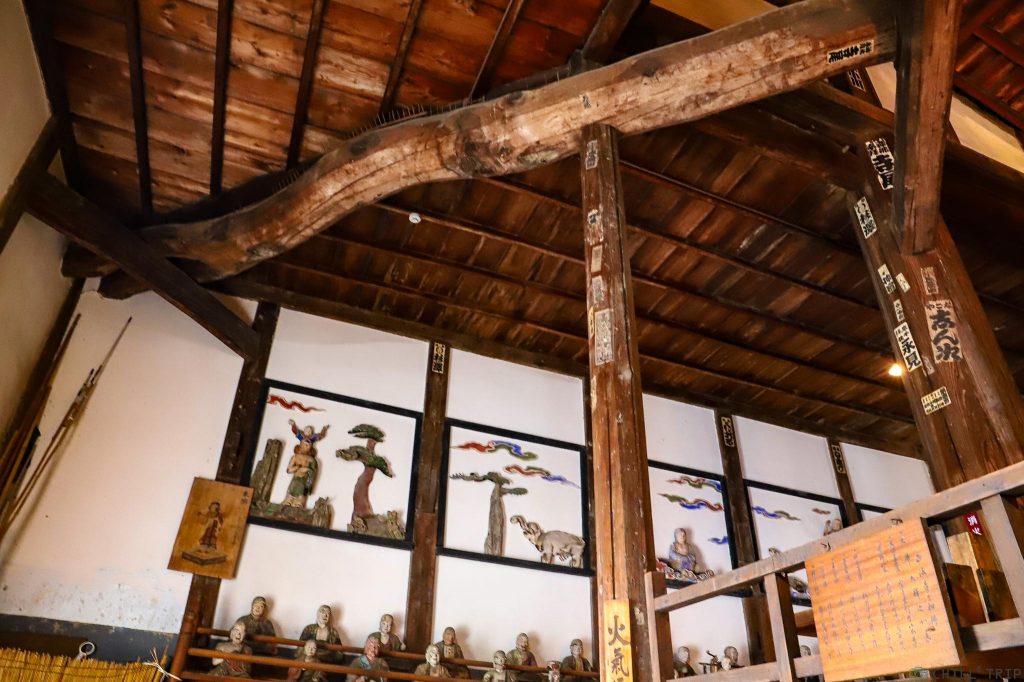
Credit:Chill Chill Trip
This is the biggest Golden Buddha statue in Gifu. It was originately made from the unique techniuqe in sticking the Japanese paper on a mold made of wood, bamboo, and clay.

Credit:Chill Chill Trip
Then finishing with lacquer and gold leaf.
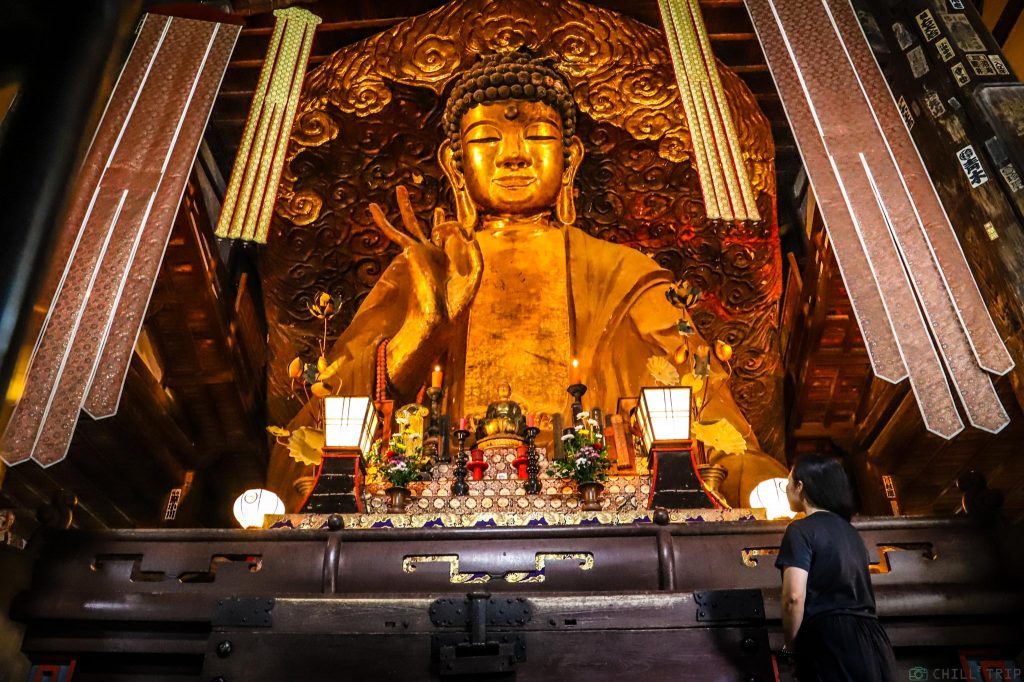
Credit:Chill Chill Trip
May the sacred Buddha blesses your family and your love’s one. May joy and peace surround you and healthiness be with you now and evermore!
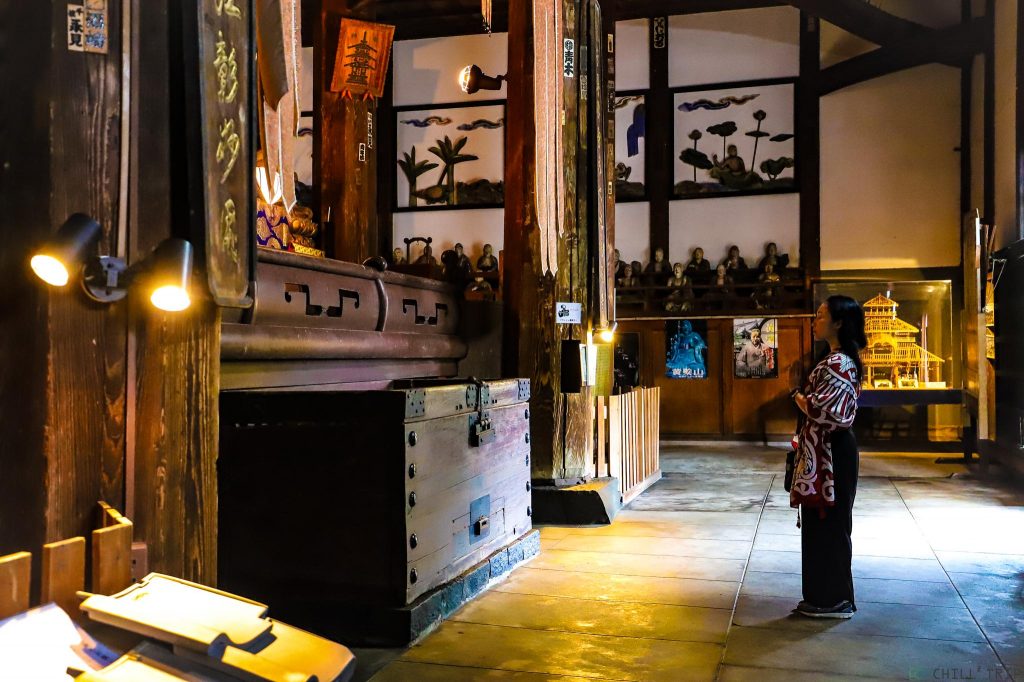
Credit:Chill Chill Trip
The history of the temple was written beside the big Buddha for those who are interested.

Credit:Chill Chill Trip
Lenght of ears: 2.12 meters (6.96 ft) Lenght of mouth: 1.31 meters (4.3 ft) and Height of nose 0.36 meters (1.18 ft)
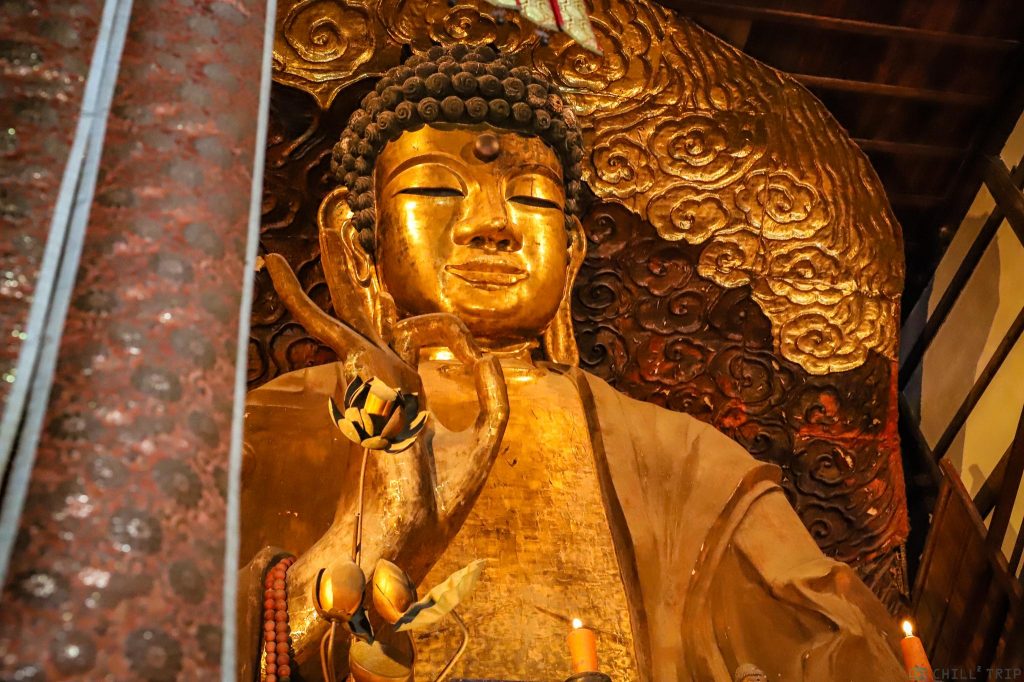
Credit:Chill Chill Trip
Lenght of statue: 13.63 meters (44.72 ft) On his right hand side, the middle finger is touching the thumb as a cycle.
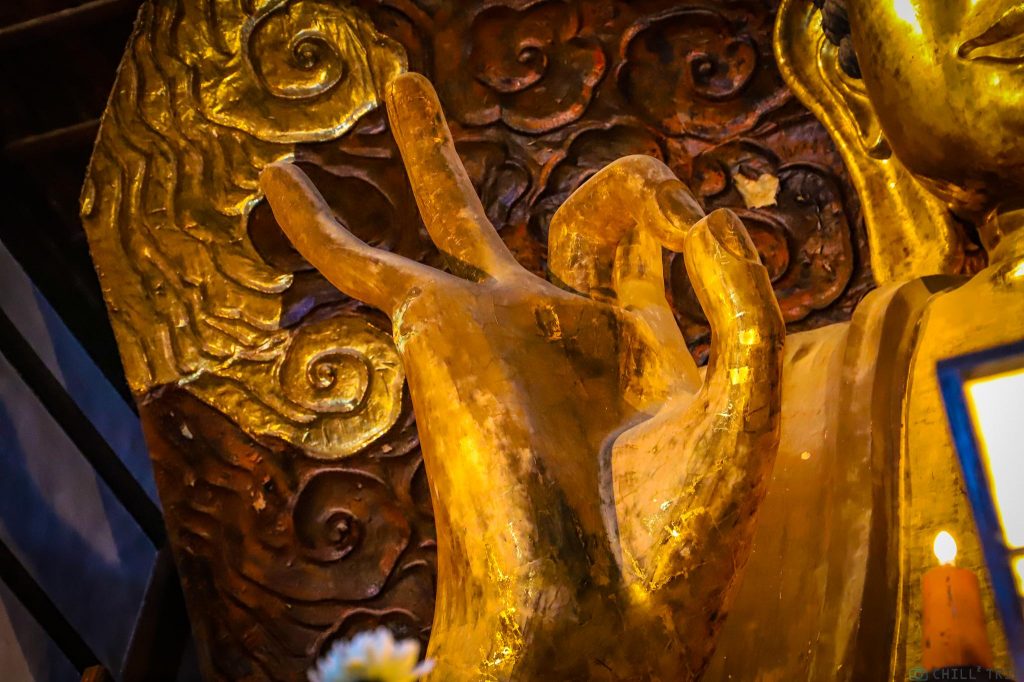
Credit:Chill Chill Trip
On the left hand side, you will see how the statue was made. The temple has been maintaining and reparing.
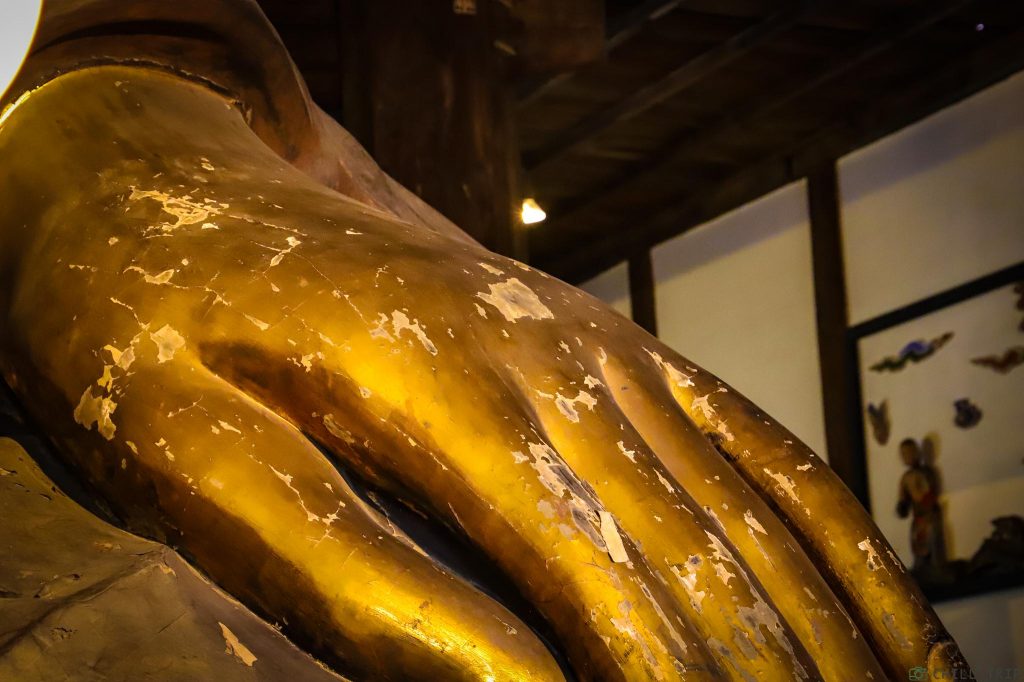
Credit:Chill Chill Trip
Lenght of face: 3.63 meters (11.91 ft) Lenght of eyes: 0.66 meters (2.17 ft) Can you immagine how big the Buddha is from the measurement?
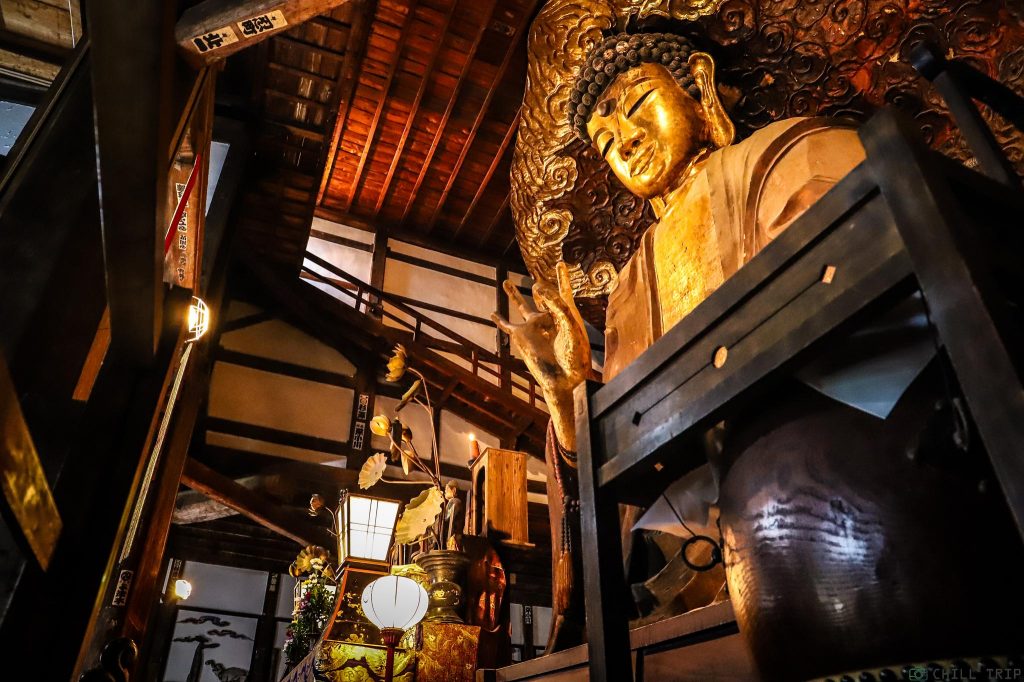
Credit:Chill Chill Trip
Shoboji Temple is located in Gifu city near Gifu Park, just cross the road from Gifu City Museum of History and the Nawa Insect Museum.

Credit:Chill Chill Trip
Two ineteresting temples nearby to visit are Jozaiji Temple and Myoshoji Temple. At Myoshoji is where Matsuo Basho, the most famous poet in Edo period, lived and composed Haiku poetry.

Credit:Chill Chill Trip
Behind the big Buddha, there is a stair to walk up to see the statue closely.

Credit:Chill Chill Trip
This is Sungjunoto, it is the pagoda that keeps the relics of the priest, made from five yen coins.

Credit:Chill Chill Trip
You can buy some Omamori, the Japanese amulets inside small and colorful pouches. Omamori means “to protect” or “protection”

Credit:Chill Chill Trip
Shoboji temple
| Address | 8 Daibutsucho, Gifu, 500-8018 |
| Entrance fee | Adults 200 yen Children 100 yen |
| Opening house | April – October: 09:00 – 18:00 November-March: 09.00-17.00 Open all year round |
| Website | Shoboji temple |
| How to get there | Take the bus at Gifu City Hall, take the bus N33, N41, N43, N73, N75, N80, N83 or N86, get off at Hon-machi 1-chome station, walk for about 5 minutes. Or from JR Gifu Station, take the bus platform 11 or Meitetsu Gifu station, platform 4 bus to Nagara, get off at “Gifu Koen, Rekishi Hakubutsukan-mae”, about 15 minutes from the train station. |
รีวิวนิยม
-
 1 รักดอกลาลากูน (Rak Dok Lalagoon) ดินแดนแห่งการพักผ่อนริมทะเลสาบ สถานที่พักผ่อนหย่อนใจชิลๆ ในวันพักผ่อนสบายๆ เขตคลองสามวา กรุงเทพมหานคร
1 รักดอกลาลากูน (Rak Dok Lalagoon) ดินแดนแห่งการพักผ่อนริมทะเลสาบ สถานที่พักผ่อนหย่อนใจชิลๆ ในวันพักผ่อนสบายๆ เขตคลองสามวา กรุงเทพมหานคร -
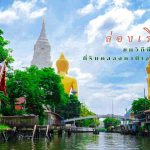 2 ล่องเรือเที่ยววัดปากน้ำภาษีเจริญ ชมวิถีชีวิตริมฝั่งคลองท่าต้นสายของเรือคลองภาษีเจริญ แม่น้ำสายสำคัญของกรุงเทพมหานคร
2 ล่องเรือเที่ยววัดปากน้ำภาษีเจริญ ชมวิถีชีวิตริมฝั่งคลองท่าต้นสายของเรือคลองภาษีเจริญ แม่น้ำสายสำคัญของกรุงเทพมหานคร -
 3 กระรอกบิน ชูก้า ไกลเดอร์ (Sugar glider) มารู้จักนิสัย ราคา การเลี้ยงดู อาหาร ตากลมแบ๊วแสนน่ารักแต่นิยมการผาดโผน
3 กระรอกบิน ชูก้า ไกลเดอร์ (Sugar glider) มารู้จักนิสัย ราคา การเลี้ยงดู อาหาร ตากลมแบ๊วแสนน่ารักแต่นิยมการผาดโผน -
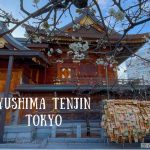 4 Yushima tenjin (ยูชิม่า เท็นมังงุ ) ศาลเจ้าศักดิ์สิทธิ์ใจกลางกรุงโตเกียว(Tokyo) ที่มีชื่อเสียงที่สุดเกี่ยวกับการขอพรในการสอบ
4 Yushima tenjin (ยูชิม่า เท็นมังงุ ) ศาลเจ้าศักดิ์สิทธิ์ใจกลางกรุงโตเกียว(Tokyo) ที่มีชื่อเสียงที่สุดเกี่ยวกับการขอพรในการสอบ -
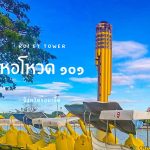 5 แลนด์มาร์คใหม่ที่ร้อยเอ็ด ชมวิวเมือง พร้อมกิจกรรมมากมาย ที่หอโหวด ๑๐๑
5 แลนด์มาร์คใหม่ที่ร้อยเอ็ด ชมวิวเมือง พร้อมกิจกรรมมากมาย ที่หอโหวด ๑๐๑

